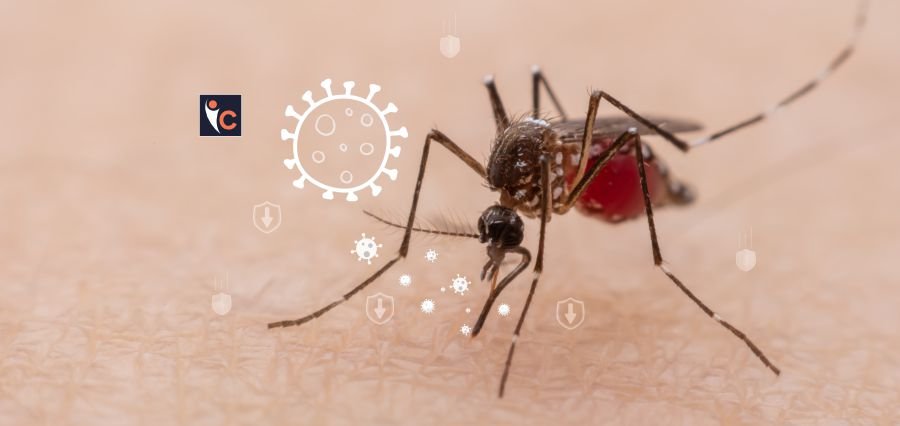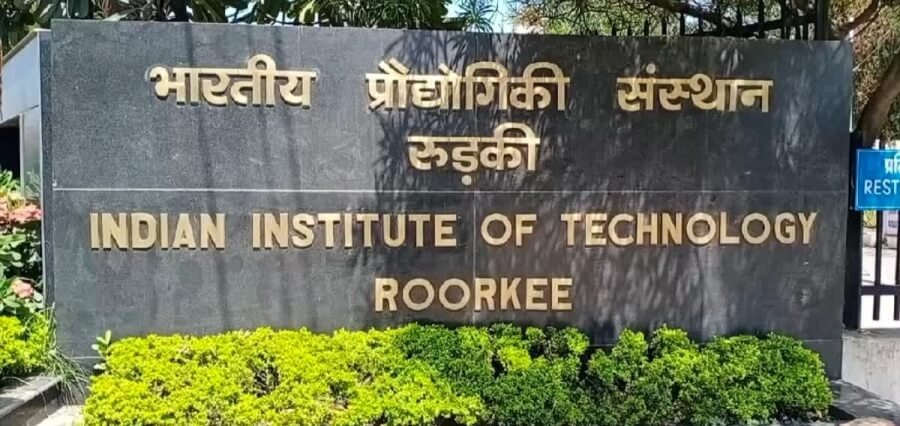As of Sunday, Pune has reported 11 Zika cases, primarily from the Mundhwa, Erandwane, Kothrud, and Ambedgaon areas. Experts from the ICMR-National Institute of Epidemiology (ICMR-NIE) warn that the virus may have spread more widely across the city, suggesting that the actual number of cases may be under-reported due to limited testing.
Experts indicate that the reported cases involve patients with no travel history to Zika-affected areas, pointing to local transmission of the virus in Pune. Dr. Manoj Murhekar, director and scientist at ICMR-NIE, stated, “The Zika infection cases in Pune are sporadic in different parts of the city, so we can say there are mosquitoes in several locations which are infected.”
Murhekar emphasized the importance of detecting infected mosquitoes and noted that local acquisition of the infection is evident. “In Zika virus control, the measures remain the same as with other vector-borne diseases. However, mosquito control is difficult without public participation,” he said.
Experts also stressed the need to strengthen entomological surveys and regularly test a large number of mosquitoes, despite the current low percentage of virus-infected mosquitoes. India reported its first Zika case in Gujarat in 2016, and since then, several states, including Tamil Nadu, Madhya Pradesh, Rajasthan, Kerala, Maharashtra, Uttar Pradesh, Delhi, and Karnataka, have reported cases.
An ICMR-NIE expert highlighted that in Kerala, a Zika virus outbreak was contained to one locality without widespread transmission, and a similar situation occurred in Jaipur. “The majority of Zika virus infections are subclinical and asymptomatic, with only symptomatic individuals being tested. The cases reported in Pune could be just the tip of the iceberg, indicating the possibility of widespread virus transmission,” the official noted.
Read More: Click Here





